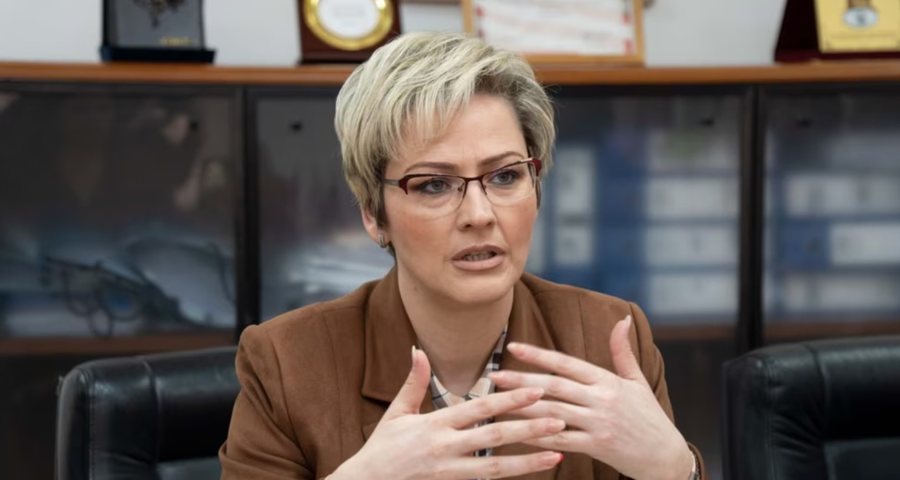
The Mayor of Presheva Municipality, Ardita Sinani, has said that the Government of Serbia has rejected the request for the planned visit of the Minister of Culture, Youth and Sports of Kosovo, Hajrullah Çeku, just an hour before the realization.
"The Government of Serbia rejected this visit just one hour before the scheduled time, violating the 48-hour response deadline, as provided for in the Brussels Agreement," Sinani said in a Facebook post.
She has described this step as evidence of attempts to isolate the Albanians of the municipality she leads.
Radio Free Europe has contacted the Office for Kosovo in the Government of Serbia regarding the planned visit of the Czech to Preševo, but has not received a response.
This Office said earlier that Prishtina has banned the visits of its representatives to visit Kosovo Serbs on the religious holiday of Saint Nicholas, which is celebrated on December 19.
According to her, this constitutes a violation of the agreement on free movement, reached between the two countries in 2011.
More than 60,000 Albanians live in Serbia, making up the fourth largest minority there, according to the latest population census in 2022.
In international reports, the Preševo Valley – a term used for Preševo, Medveđa and Bujanovac, municipalities inhabited by an Albanian majority in the south of Serbia – is considered completely isolated and is said to receive attention only at election time.
In the Assembly of Serbia, Albanians have only one voice: MP Shaip Kamberi.
In recent months, hundreds of Albanians have protested against the discrimination they say they experience in southern Serbia. Even the Kosovo authorities have been vocal in their calls for respect for the Albanians of that area.
Serbian officials, on the other hand, have rejected the accusations.
Albanians in Serbia complain that the authorities there do not recognize Kosovo's diplomas, they demand integration through the state institutions of Serbia, permission to use the Albanian national symbols and to solve the issue of passivation of addresses.
Deactivation means deleting citizens from the addresses where they were registered. This step results in the loss of Serbian citizenship, and thus of all civil rights – including the right to vote, to own property, to have health insurance and a pension, and to be employed.
Address passivization has been defined by law in Serbia since 2011. The law provides for institutions to carry out checks to understand whether a resident lives at the registered address.
If it is proven that a resident does not live at that address, a decision is made to deactivate it, and the resident is obliged to register the new address within eight days, after receiving the decision.
Although the law provides for the right to appeal, citizens have said that, in some cases, they were not even able to appeal against the decision, as they were not informed in time about the passivation.
This issue is also mentioned in the report of the US Department of State on human rights in Serbia, for the year 2023.
In it, it is said that the passivation of addresses seems to have been carried out disproportionately towards Albanians, especially in Medvegja. /REL (A2 Televizion)











